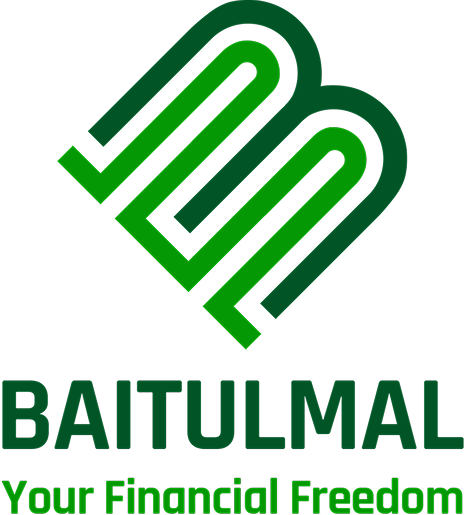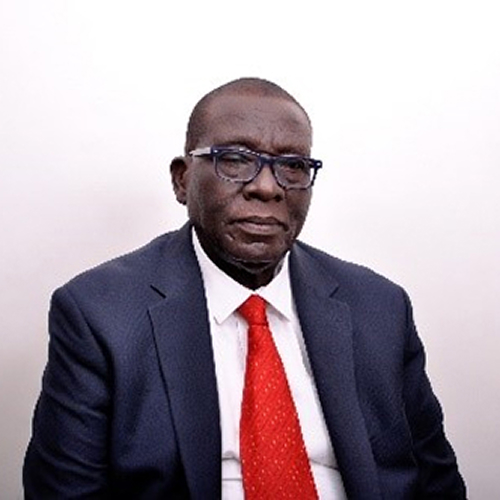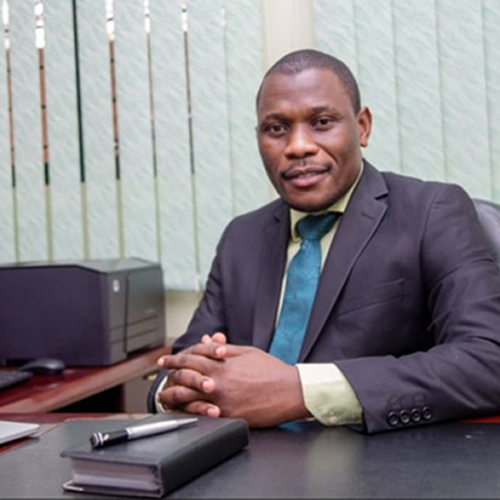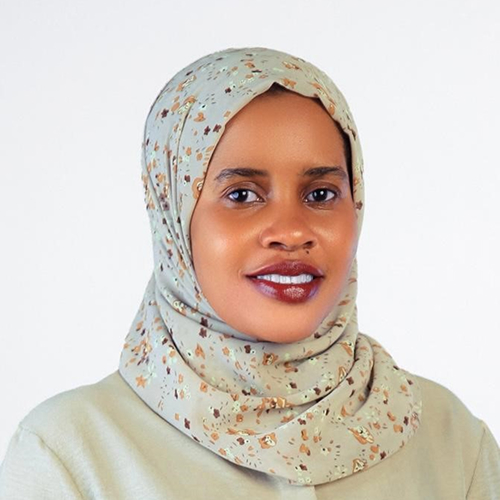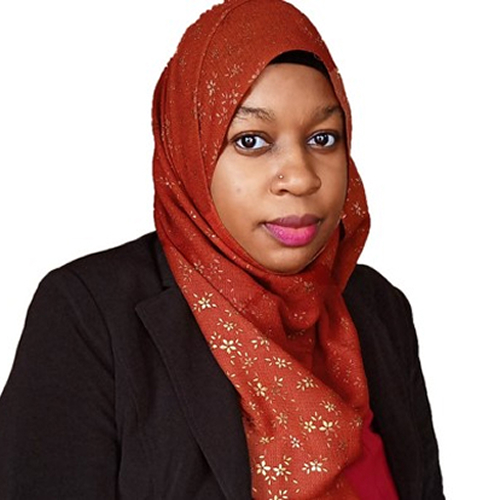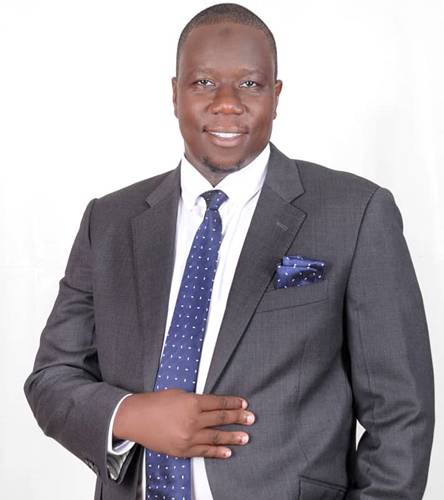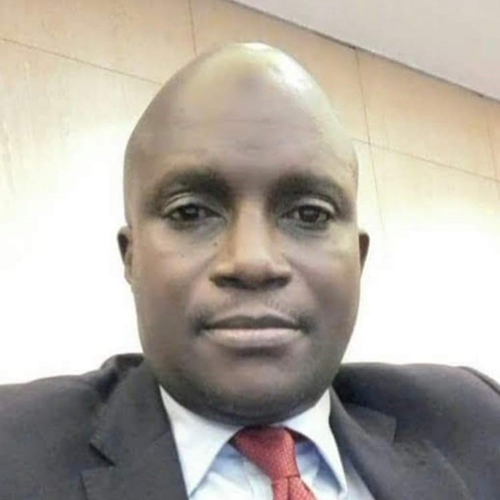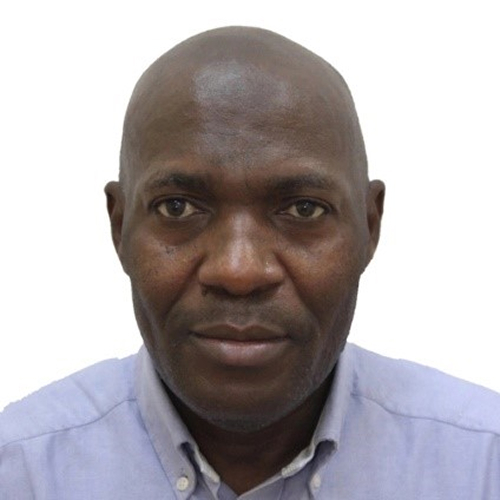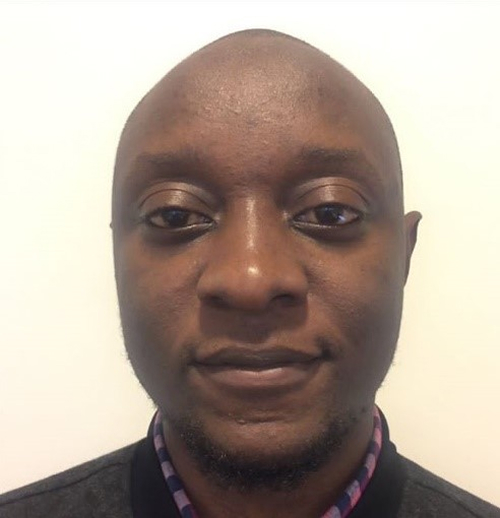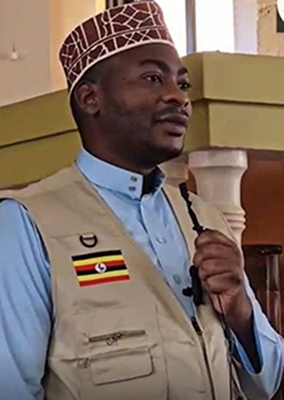ABOUT BAITULMAL
We are a pioneering and indigenous Islamic
financial institution committed to delivering
Shari’ah-compliant wealth management services
with an ultimate goal of transforming
livelihoods of communities.
To complement Uganda’s Islamic financial
ecosystem, we explore the untapped investment
opportunities and cater for different risk,
return, maturity, and liquidity needs of various
agents in the economy.
We holistically manage our Clients’ wealth cycle
through a wide range of Shari’ah compliant
solutions including; investment management,
financial planning, tax planning, estate
planning, retirement planning, and risk
management among others.
Although Uganda’s Islamic financial sector has
had a humble beginning, the coming on board of
Baitulmal is a key milestone. Baitulmal is well
positioned to leverage its knowledge,
experience, exposure, and networks to grow the
Islamic wealth industry.
Baitulmal’s momentum is built on a solid
foundation, clients and business partners’
confidence, professional team who have
structuring capabilities and portfolio
management expertise in the Islamic financial
sector space. They balance spiritual principles
and sound financial strategies.
PARTNERS
- Uganda Muslim Supreme Council (UMSC)
- House of Zakat & Waqf Uganda (HZWU)
- Diwan Islamic Finance Agency
- Uganda Muslim Education Association (UMEA).
- Uganda Muslim Teachers' Association (UMTA).
- The Islamic Medical Association of Uganda (IMAU).
- Bilal Staff Savings and Credit Cooperative Society (BISTSACCO)
.png)
This is the mother, apex and governing body of Muslims in Uganda, who constitute 6.5 million according to Uganda Bureau of statistics (UBOS). UMSC structures include; over 9 Regional Administrative Structures for easy service delivery and 78 Muslim Districts, 465 Muslim Counties and over 13,000 Mosque. It manages several Muslim-based institutions including; hospitals, health centres, Universities, post-secondary institutions, secondary schools, primary schools, Uganda Muslim Medical Bureau, radio and TV stations among others.
.png)
This is a non-denominational and not for profit organization set up to manage and administer Zakat (obligatory dues) and preservation of Waqf (endowment) in accordance with the teaching of the Holy Quran, Hadith, Consensus and Analogy for the social wellbeing of Muslims and development of Islam.

This is a one-stop centre for Islamic finance sector development through training, research and publication, and Shari’ah advisory services in areas of finance, zakat, waqf, and estate management. Diwan agency plays a vital role in the development of Islamic finance industry in Uganda through advisory, training and development of Human capital in the field of Islamic finance and Shari’ah. Diwan’s commitment to excellence has strengthened its position as the top provider of quality training across all major Islamic finance disciplines. Diwan agency training arm specializes in industry technical certifications. The certifications are designed to ensure attainment of technical proficiency levels to fulfill jobs requirement and support professionalization of the industry. Diwan serves as a partner to numerous world class institutions; delivering thought leadership, research, advisory, assessment and training in various Islamic finance fields.
.png)
This was established in 1936 to work as a Muslim Secretariat that serves Ugandan Muslims. It aims at providing a platform for Muslims to achieve sound education (modern and traditional Islamic studies) purposely to attain a reasonable share in their country as their counterparts of other religious affiliations.
.png)
This is an umbrella body that brings together Muslim teachers in Uganda so they increase access to quality education of the Muslim community as well as improving Teachers' welfare. UMTA was established in 1988 as a national non-governmental not for profit organisation working across the country. UMTA units Muslim teachers irrespective of their social and political affiliation.
.png)
This is a registered non-governmental organization established in 1988. The membership of the Association consists of Muslim health professionals who form the General Assembly, the association’s highest authority. IMAU targets all people of Uganda but with a comparative advantage with Islamic communities.
.png)
SACCOs in Various Institutions. We establish Islamic financial cooperatives (Baitulmal Wat Tamwil) in different institutions who are our implementing partners established as standalone or Windows in conventional financial institutions including; Cooperatives, Savings and Credit Cooperative Societies (SACCOs), Groups, Microfinance Institutions (MFIs), Small and Median Enterprises (SMEs), and other development institutions. One of the model reference SACCOs we have supported is Bilal Staff Savings and Credit Cooperative Society (BISTSACCO)
